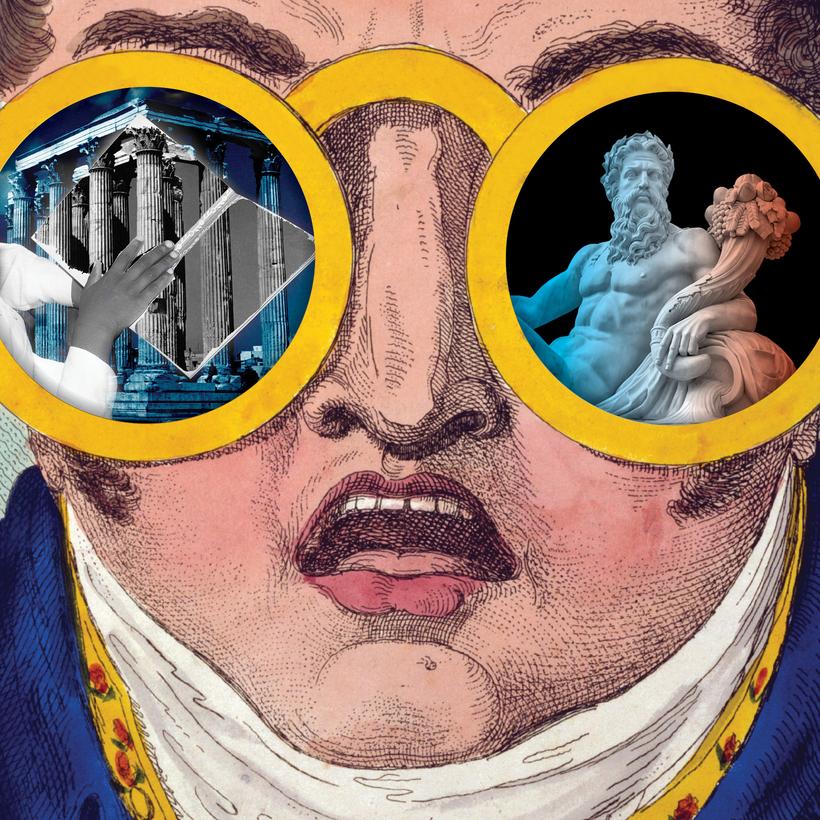There is absolutely nothing we can say to change or mitigate the horror of the mass shooting in Uvalde, Texas, that left 19 elementary-school children and two teachers dead on Tuesday—another Sandy Hook 10 years after we swore “never again.” But a 10th-grader’s essay crossed our desk this week that spoke to the fears and danger that so many children in this country face almost daily. Khaleel Wright, a winner of this year’s Young Readers Prize, an essay-writing contest held by the Harvard Library of New York, wrote about his real-life nightmares and also his dreams. —G.C.
I recalled the alarming sound of consistent gunfire outside my small apartment complex. My mother anxiously barged into my room, leaving no time for interpretation of the situation going on around me. “Are you O.K.? Are you O.K.?” she frantically asked. I was surprised by her abrupt invasion into my shared room. I could see that expression on her face. Her eyes opened wide, looking like a deer in headlights staring at me. She was worried. She felt inconsolable at heart because of the fact that we were stuck in this position and couldn’t escape.

